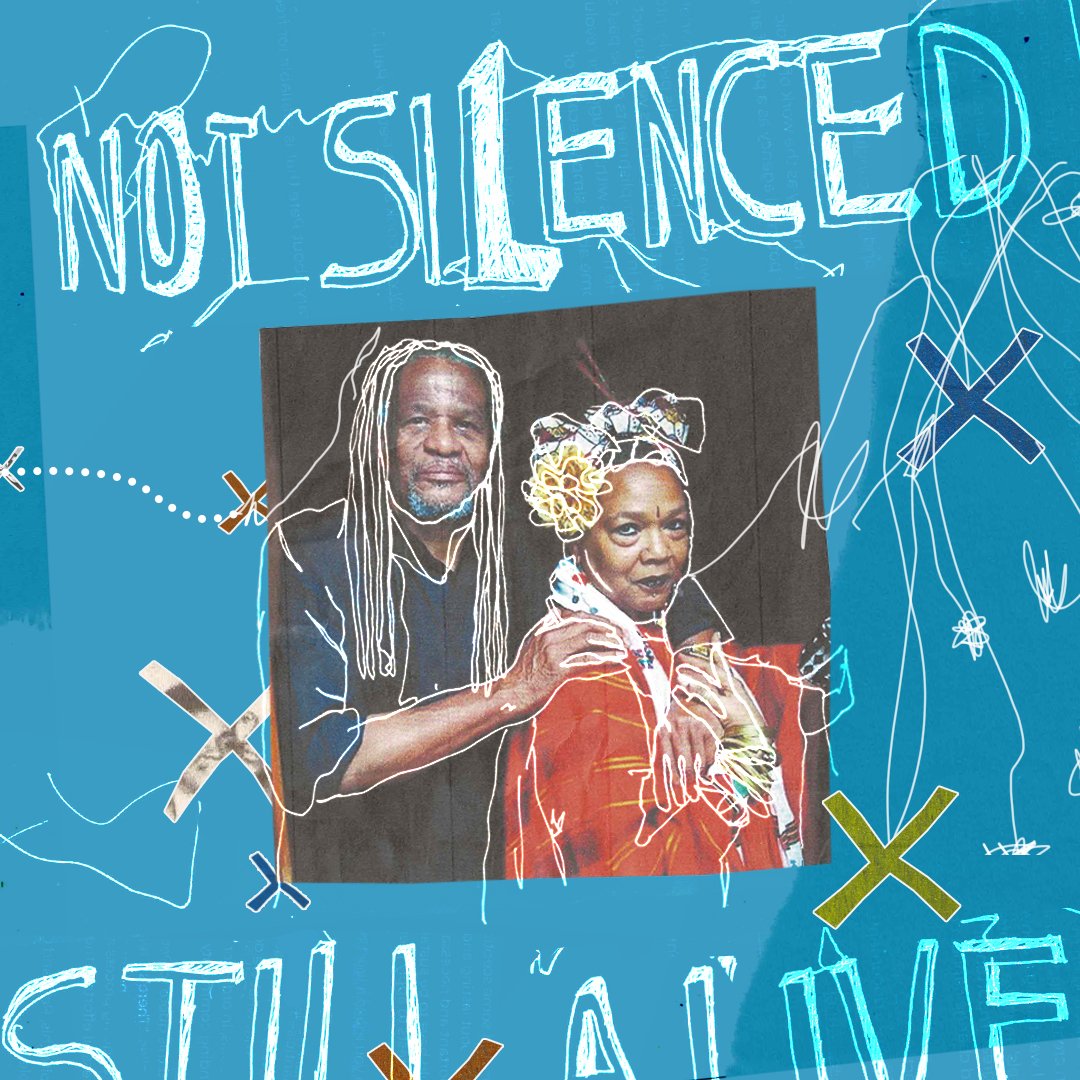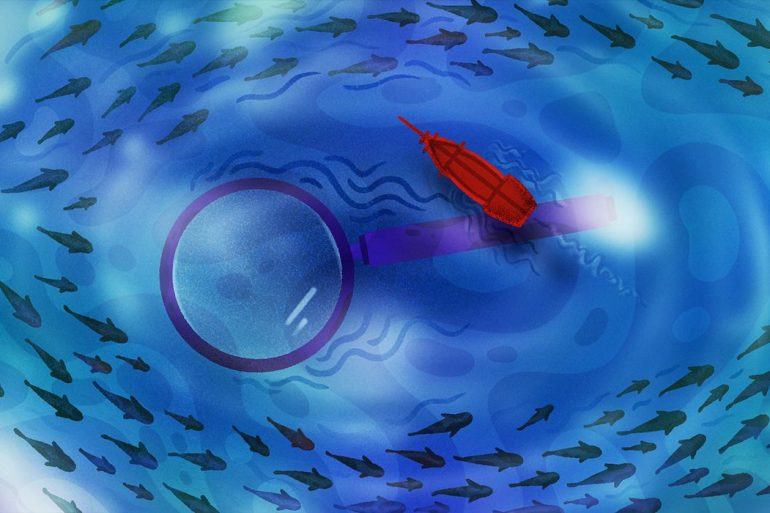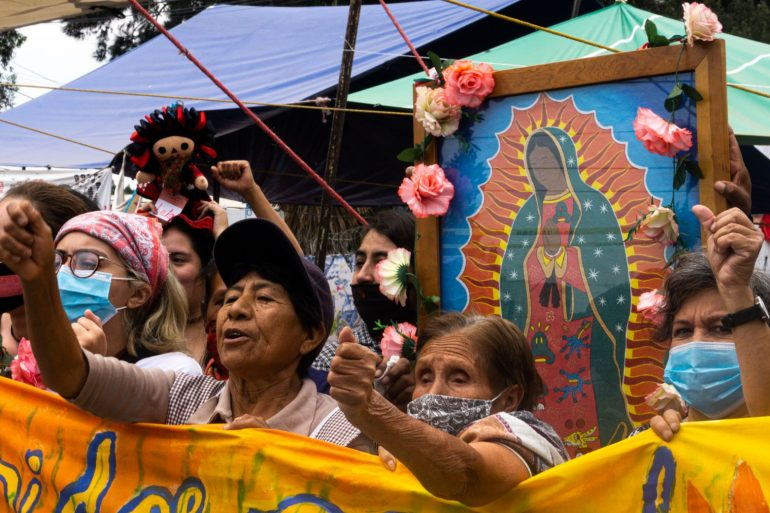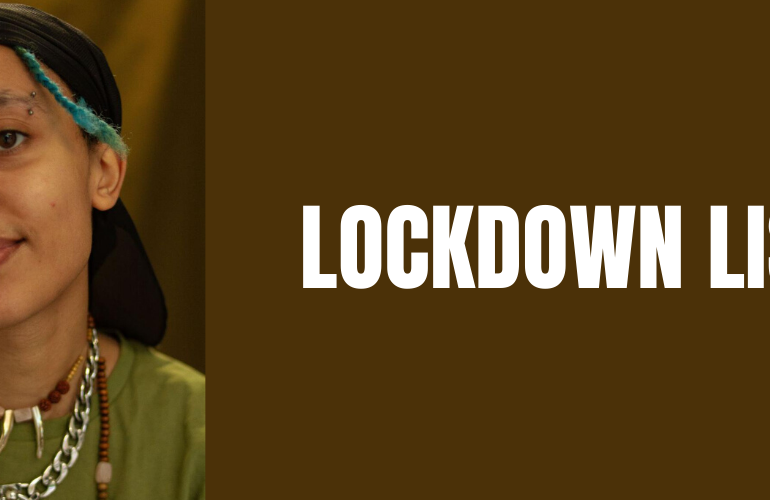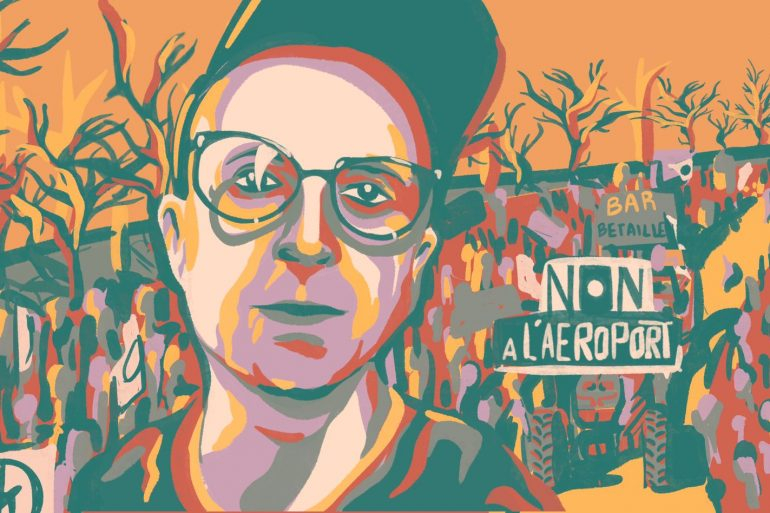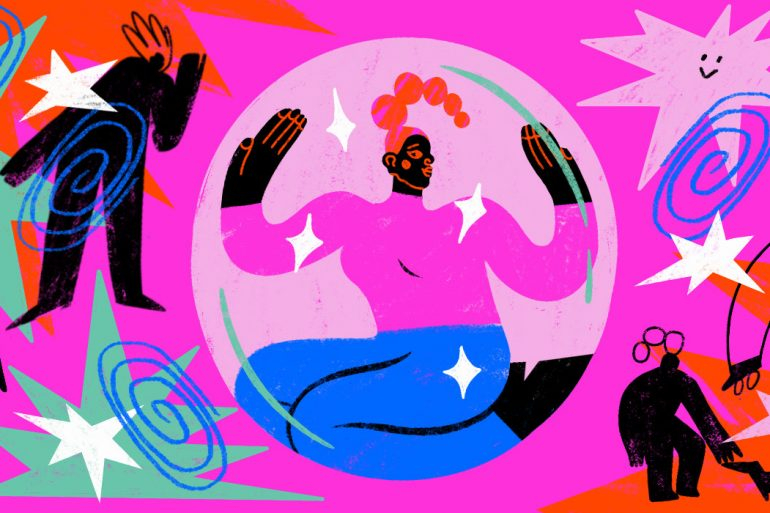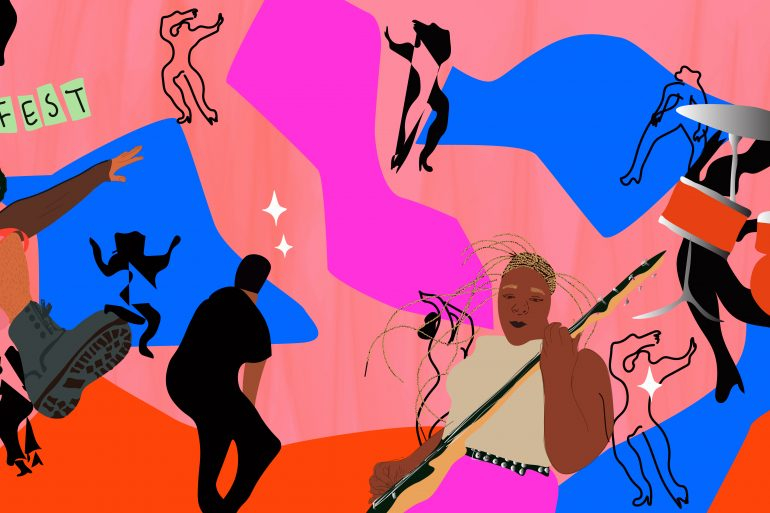Growing up, power couples in the tabloids were Posh and Becks, Brad and Angelina and Beyonce and Jay Z. The power couple that dominated my own childhood however, was Pete and Charlotte O’Neal.
The O’Neals are former Black Panthers who have helped keep the American civil rights movement going in Tanzania – 8,500 miles southeast of where they began.
Who are the O’Neals to me?
Growing up in Arusha, Tanzania, the O’Neals happened to be one of our closest neighbours. So not only have I read books, watched documentaries and devoured interviews featuring their life stories – I’ve also had the honour of spending a lot of my childhood with them. The O’Neals are the most inspiring, caring and wonderful people you’ll ever meet, and I hope that I can do them justice by attempting to explain why.
From Black Panther leader to exile
In 1969, Pete formed the Kansas City Chapter of the Black Panther Party (BPP), where he served as Chairman. The BPP was a political organisation whose aim was to protect the Black community from police brutality, as well as to ensure employment, land, housing and justice for Black people in the US. It is through the BPP that Pete and Charlotte met – and they’ve pretty much been inseparable ever since.
The same year Pete founded the Kansas City chapter was also his last year in America. In 1969, Pete was leaving a cafe with a friend when he realised that the place was surrounded by armed ATP (Alcohol, Tobacco and Firearms) officers, who had their guns drawn. He was arrested immediately and accused of violating the federal gun control act of 1968.
However, this wasn’t any regular arrest – and it certainly wasn’t constitutional. Pete’s arrest was carefully and deliberately engineered by the FBI’s illegal counterintelligence programme, COINTELPRO.
The aim of this programme was solely to discredit and dismantle freethinking political organisations that posed a ‘threat’ towards the US government – mainly under false or exaggerated pretences.
Many Black Panthers who were targeted by COINTELPRO either ended up serving a lifetime in prison, were sentenced to death, or murdered – such as the cases of Panthers Fred Hampton and Mark Clark.
Pete feared for his life and not knowing what to expect from a future in the US, where he was constantly a target, he and Charlotte fled to Sweden, then to Algeria, and finally to Tanzania where they settled down.
Pete’s thoughts after 52 years in exile
Pete has not been able to travel back to the US since, as he would be arrested if he was to set foot on American soil.
When I asked Pete if he’d like to return to the US if he received a pardon, he simply said:
“I have become more rigid about having no desire to return to the US. Even the opportunity to visit for a brief time has absolutely no appeal to me. Also, I must point out that I have never asked for a pardon nor have I ever asked anyone to seek one on my behalf.”
The O’Neal’s continuation of the Black Panther Party’s legacy
Even though he misses many aspects of US culture, his heart lies with Charlotte and with the African Alliance Community Centre (UAACC) which they founded in 1991 in Arusha.
The UAACC is both a creative centre and a children’s home that takes care of orphaned and other disadvantaged children from the community, whom Pete and Charlotte consider to be their “grandchildren”. Since 2008, they’ve raised hundreds of kids, providing them with education and a big loving family.
The creative centre teaches classes in multiple subjects such as art, computer studies, music production and leadership to people from all over the world. They also offer wonderful safaris which, together with donations and an astounding amount of hard work, keeps the whole place running.
Pete and Charlotte haven’t stopped since arriving in Tanzania. One of their main goals is to create a positive global community that ties people of diverse cultures together, from all around the world.
Pete explains: “I have tried to teach my kids what I consider to be important truths – that they are powerful, beautiful and have the ability to become whatever they desire. I want them to know that they can recognise their power and their beauty through the prism of their culture, not from the eyes of those that instil in them the false notion that they are powerless and lack beauty.”
During their time in the BPP, Pete and Charlotte did very similar work with the aim of empowering and caring for their community. The BPP ran so-called ‘survival programs’ such as the Free Breakfast for School Children Programme which fed tens of thousands of kids.
They also had a free sickle cell testing program and eventually opened the Black Panthers’ Oakland Community School in an impoverished neighbourhood in East Oakland.
Recognising the similarities between the work of the Black Panther Party and the actions of Pete and Charlotte through their community centre, I ask Pete if he thinks that they’ve continued the legacy of the BPP in Tanzania.
“I believe we really have,” he says. “The BPP’s foundational belief is based on the concept of developing and protecting the Black community; a philosophy which is a continuation of the thinking of Malcolm X.”
Subscribe to shado's weekly newsletter
Exclusive event news, job and creative opportunities, first access to tickets and – just in case you missed them – our picks of the week, from inside shado and out.

Pete’s thoughts on BLM
Due to Pete’s long-lasting involvement in the fight for Black justice, he also holds a lot of wisdom in regards to what needs to be done in order to achieve a future free from racism. Despite finding the Back Lives Matter protests that erupted in 2020 very powerful, Pete also expresses some scepticism. “I am not convinced that the BLM movement by itself could bring about lasting and real change,” he explains. “Please don’t misunderstand, it is an important and necessary protest – but to be effective to the point of changing the world, it would have to be sustained and not sporadic. It would also have to be linked with other forms of protests to apply pressure on the powers that be.”
According to Pete, everything from the tiniest individual acts to the most globally widespread social movements are important in the grand scheme of things. However, what’s most important is that we keep on showing up – no matter how inconsistent media coverage of the Black Lives Matter movement is.
Role models are not saviours
Angela Davis says: “It is essential to resist the depiction of history as the work of heroic individuals, in order for people today to recognise their potential agency as a part of an ever expanding community of struggle.”
I read this quote to Pete as a way of reflecting on my own veneration of him and Charlotte. He replies: “There’s a real danger in creating individual heroes! I believe it lulls people into a romanticised concept of struggle. Far too many people ‘rest on their laurels’ and take comfort in accomplishments of the past and forget that what we do today is of great importance!” He finishes with: “struggle or revolution is an ongoing process and profound change cannot come about simply because of successful efforts of the past!”
Yet despite the veracity of Pete’s words, he and Charlotte will always remain heroes to me, and the ultimate power couple.
What can you do?
- Read Black Panther in Exile: The Pete O’Neal story – a book about Pete by Paul J. Magnarella
- Visit the UAACC’s website
- Read Charlotte’s poetry collection Homage
- Watch A Panther in Africa (2005) – a documentary about Pete that is available for free on YouTube:
- Check out Charlotte’s YouTube channel
